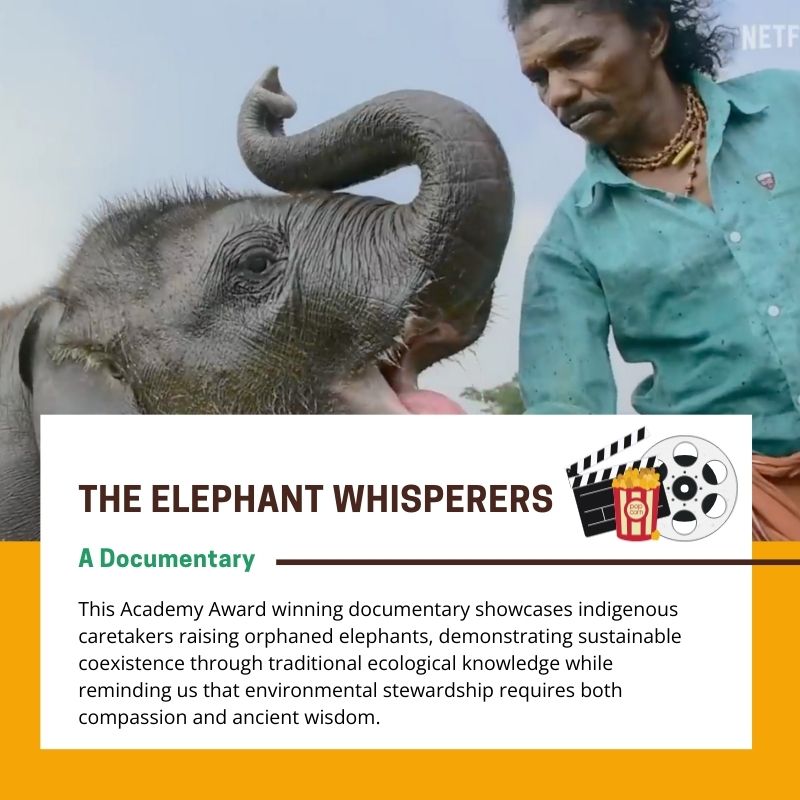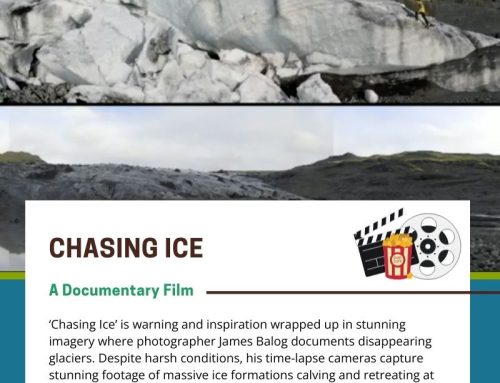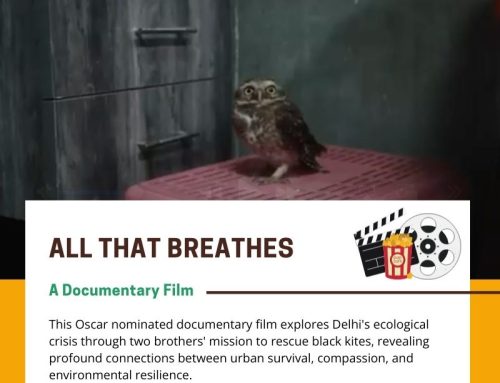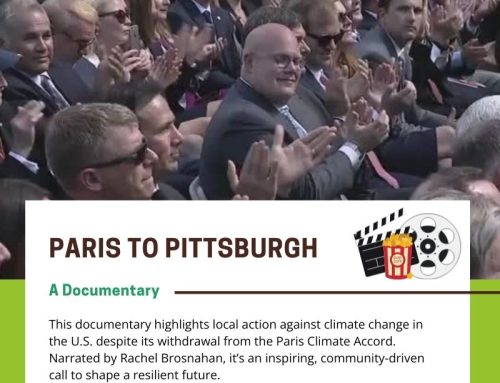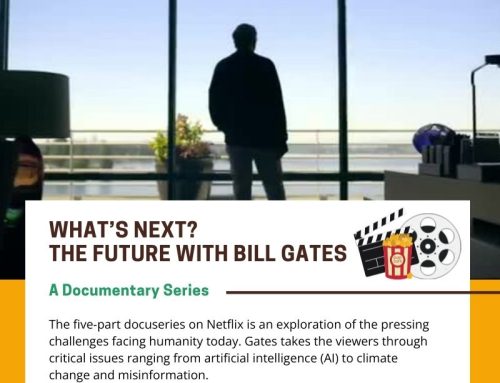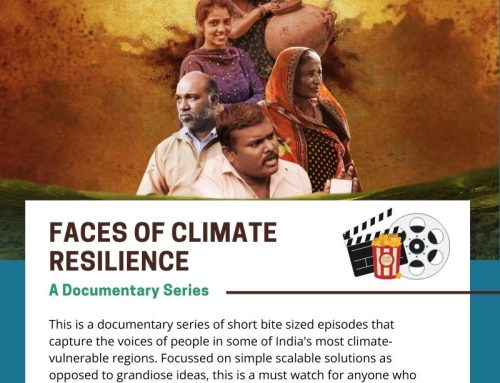In an era when climate change threatens both human communities and wildlife habitats across the globe, ‘The Elephant Whisperers’ emerges highlights sustainable coexistence. This Academy Award-winning documentary short, directed by Kartiki Gonsalves, offers valuable lessons on environmental stewardship that will resonate deeply with anyone that cares about the environment.
Set against the lush backdrop of the Theppakadu Elephant Camp in Tamil Nadu’s Mudumalai Tiger Reserve, the documentary chronicles the remarkable journey of Bomman and Bellie, indigenous caretakers who devote their lives to raising two orphaned elephant calves, Raghu and Ammu. What unfolds is not merely a tale of wildlife rehabilitation but a moving portrait of cross-species bonding that transcends conventional boundaries.
The film delicately captures how these tribal caretakers create a nurturing environment for the young elephants, forming emotional connections that challenge our understanding of human-animal relationships. Their approach exemplifies indigenous wisdom—treating animals not as resources to be exploited but as sentient beings deserving of dignity and care.
Perhaps the most striking aspect of ‘The Elephant Whisperers’ is its celebration of traditional ecological knowledge. Bomman and Bellie, members of the Kattunayakan tribe, draw on generations of ancestral wisdom to care for their elephant charges. Their methods—from preparing nutritious meals to administering herbal remedies—highlight sustainable practices that have been preserved through oral tradition.
This reverence for traditional knowledge systems offers a powerful counterpoint to modern conservation approaches that sometimes overlook indigenous perspectives. The documentary reminds us that effective environmental stewardship often lies in respecting and integrating time-tested practices that have maintained ecological balance for centuries.
While ‘The Elephant Whisperers focuses on the intimate relationship between humans and elephants, it subtly underscores the precarious status of India’s forests and wildlife in the face of climate change. The Nilgiris Biosphere Reserve, where the story unfolds, faces increasing pressures from changing rainfall patterns, temperature fluctuations, and human encroachment—threats that endanger both wildlife populations and forest-dependent communities.
The orphaned status of Raghu and Ammu serves as a reminder of the cascading effects of ecosystem disruption. As habitats fragment and human-wildlife conflict increases, more elephant calves find themselves separated from their herds, creating ripple effects throughout forest ecosystems.
The documentary showcases the indigenous approach to living harmoniously within natural environments—building shelters that work with rather than against local ecosystems, using resources mindfully, and maintaining a small ecological footprint.
The modest dwellings of the caretakers, constructed from locally sourced materials and designed to maximise natural ventilation and lighting, are examples of passive design principles that architects strive to incorporate today. These traditional dwellings try to demonstrate that human habitation need not come at the expense of surrounding ecosystems.
As we grapple with the complex challenges of climate change, ‘The Elephant Whisperers’ serves as both inspiration and instruction. It reminds us that sustainable solutions often emerge from compassionate connections—to animals, to indigenous communities, and to traditional knowledge systems that have long emphasised harmony over exploitation.
The documentary provides a compelling framework for approaching sustainable design and encourages us to ask: How can our buildings foster rather than fragment ecosystems? How can traditional wisdom inform innovative solutions? How can we design spaces that honour the interconnectedness of all living beings?
‘The Elephant Whisperers’ ultimately challenges us to redefine our relationship with nature—not as masters, but as respectful caretakers. It suggests that the path toward climate resilience lies not only in technological advancement but also in rekindling our emotional connection to the natural world.
In just 41 minutes of gentle storytelling, the film delivers a message that climate advocates have long understood: sustainable futures depend on nurturing relationships—between species, between generations, and between diverse knowledge systems. As we design tomorrow’s homes, communities, and cities, we would do well to remember the quiet wisdom of the elephant whisperers, who show us that living lightly on the earth requires both head and heart.
You can watch The Elephant Whisperers on Netflix.

